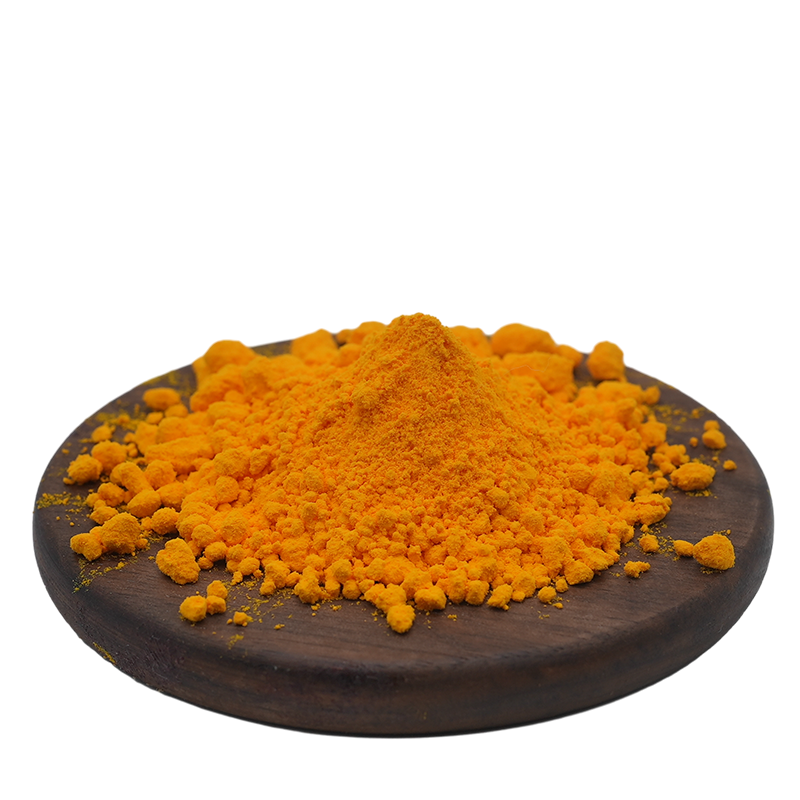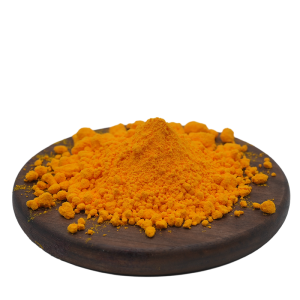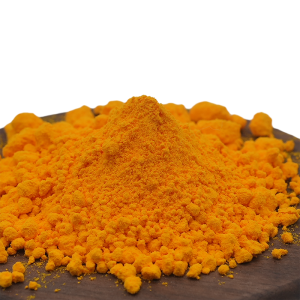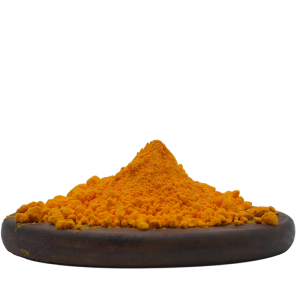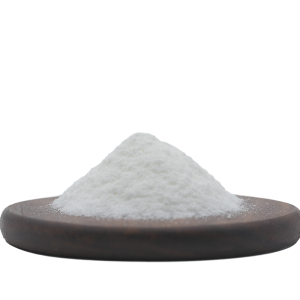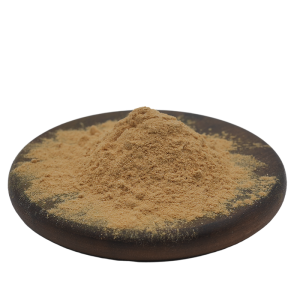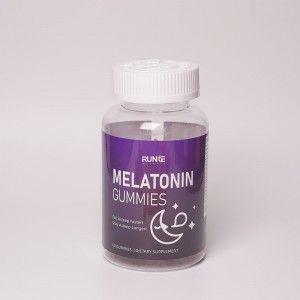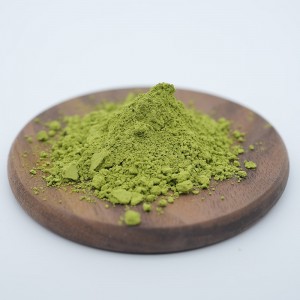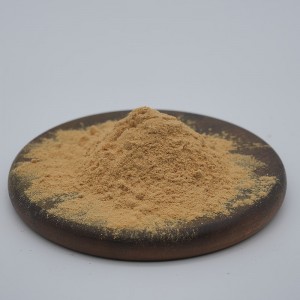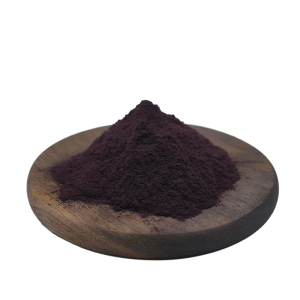
Products
Carotene 30%
Product Description
Carotene is a naturally occurring pigment that belongs to the family of carotenoids, which are organic compounds found in various fruits and vegetables. It belongs to the family of carotenoids, which are responsible for giving plants their vibrant colors. Carotene is known for its antioxidant properties and is often associated with promoting healthy skin and supporting eye health. It is commonly found in foods such as carrots, sweet potatoes, and leafy greens.
Carotene is responsible for giving plants their vibrant colors, including orange, red, and yellow. It is a type of provitamin A, which means the body can convert it into vitamin A as needed.
One of the primary benefits of carotene is its antioxidant properties. Antioxidants protect against free radicals, which are unstable molecules that can damage cells and contribute to aging and disease. Carotene has been shown to help protect against damage from UV radiation, pollution, and other environmental stressors that can harm the skin. As a result, it is often included in skincare products to promote healthy and youthful-looking skin.
Carotene is also known for its potential benefits for eye health. Vitamin A is essential for maintaining healthy vision, and carotene can be converted into vitamin A in the body. Adequate levels of vitamin A are necessary for maintaining the structure of the retina and preventing conditions such as night blindness and macular degeneration. Consuming carotene-rich foods such as carrots, sweet potatoes, and leafy greens may help support eye health and prevent these conditions.
In addition to its antioxidant and eye health benefits, carotene has also been associated with other potential health benefits. Some studies suggest that consuming carotene-rich foods may help reduce the risk of certain types of cancer, including lung, breast, and prostate cancer. However, more research is needed to fully understand the relationship between carotene and cancer prevention.
Carotene is commonly found in various foods, including fruits, vegetables, and some animal products. Carrots, sweet potatoes, and leafy greens are some of the richest sources of carotene. Other sources include squash, pumpkin, apricots, mangoes, and papayas. Carotene is also commonly found in animal products such as egg yolks and certain types of fish.
While carotene is generally considered safe, consuming large amounts of supplements or concentrated forms of carotene may lead to a condition called carotenemia. This condition causes the skin to turn yellow or orange, particularly in areas with high concentrations of fat, such as the palms of the hands and soles of the feet. However, carotenemia is typically harmless and will resolve once carotene intake is reduced.
In conclusion, carotene is a natural pigment found in various fruits and vegetables that belongs to the family of carotenoids. It is known for its antioxidant properties and potential benefits for promoting healthy skin and eye health. Consuming carotene-rich foods such as carrots, sweet potatoes, and leafy greens is an excellent way to incorporate this nutrient into a healthy diet. As with any nutrient, it is important to consume carotene in moderation and consult with a healthcare professional before taking supplements or consuming concentrated forms of carotene.
Certificate of Analysis




